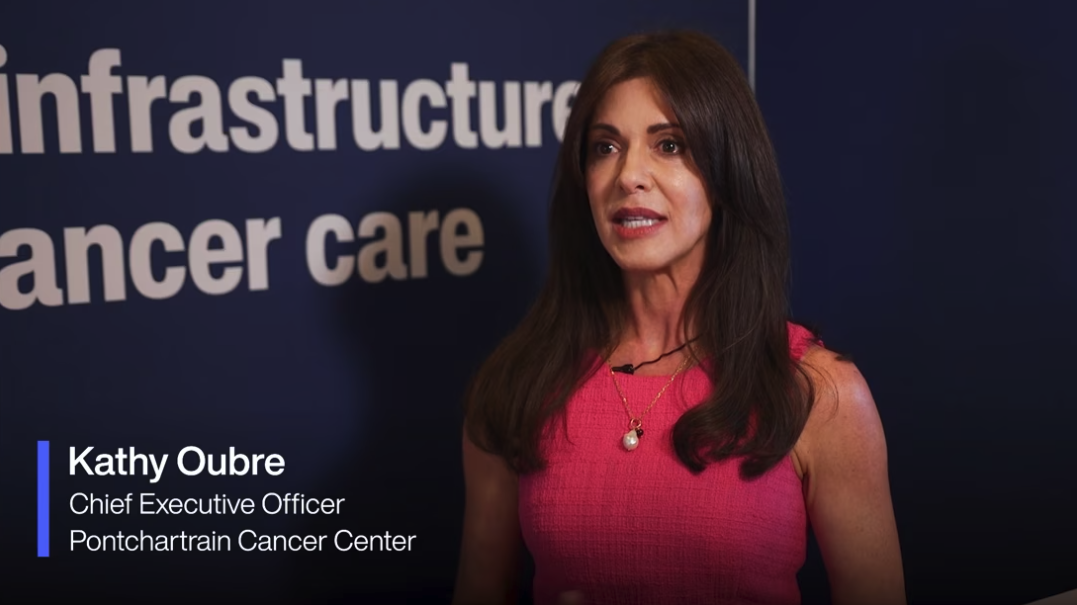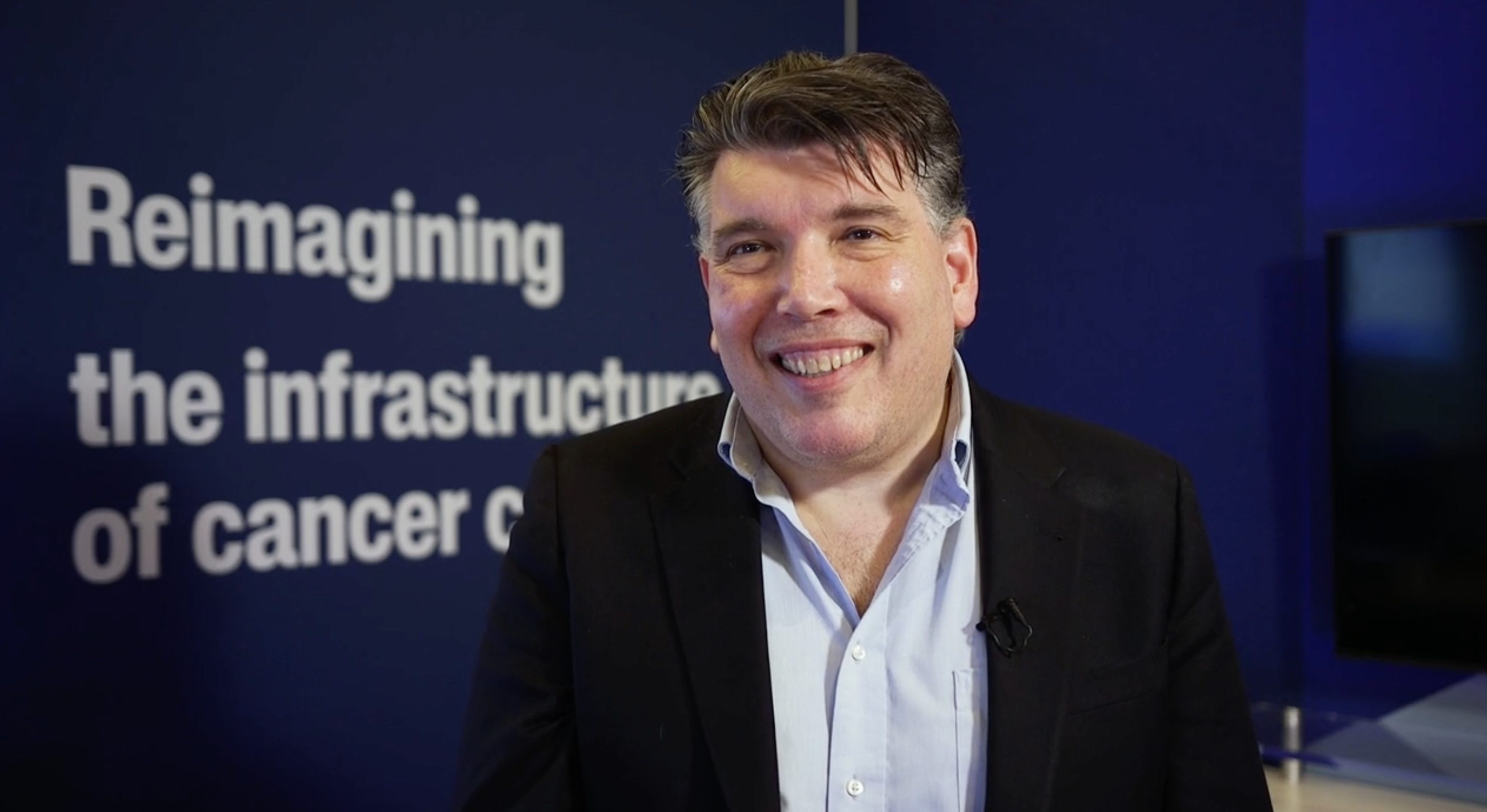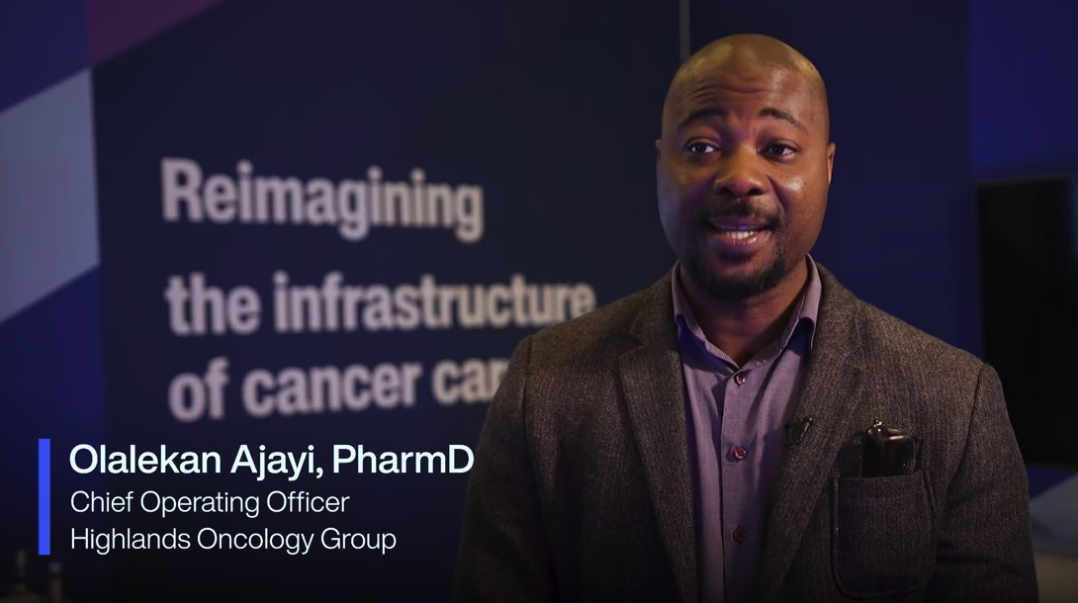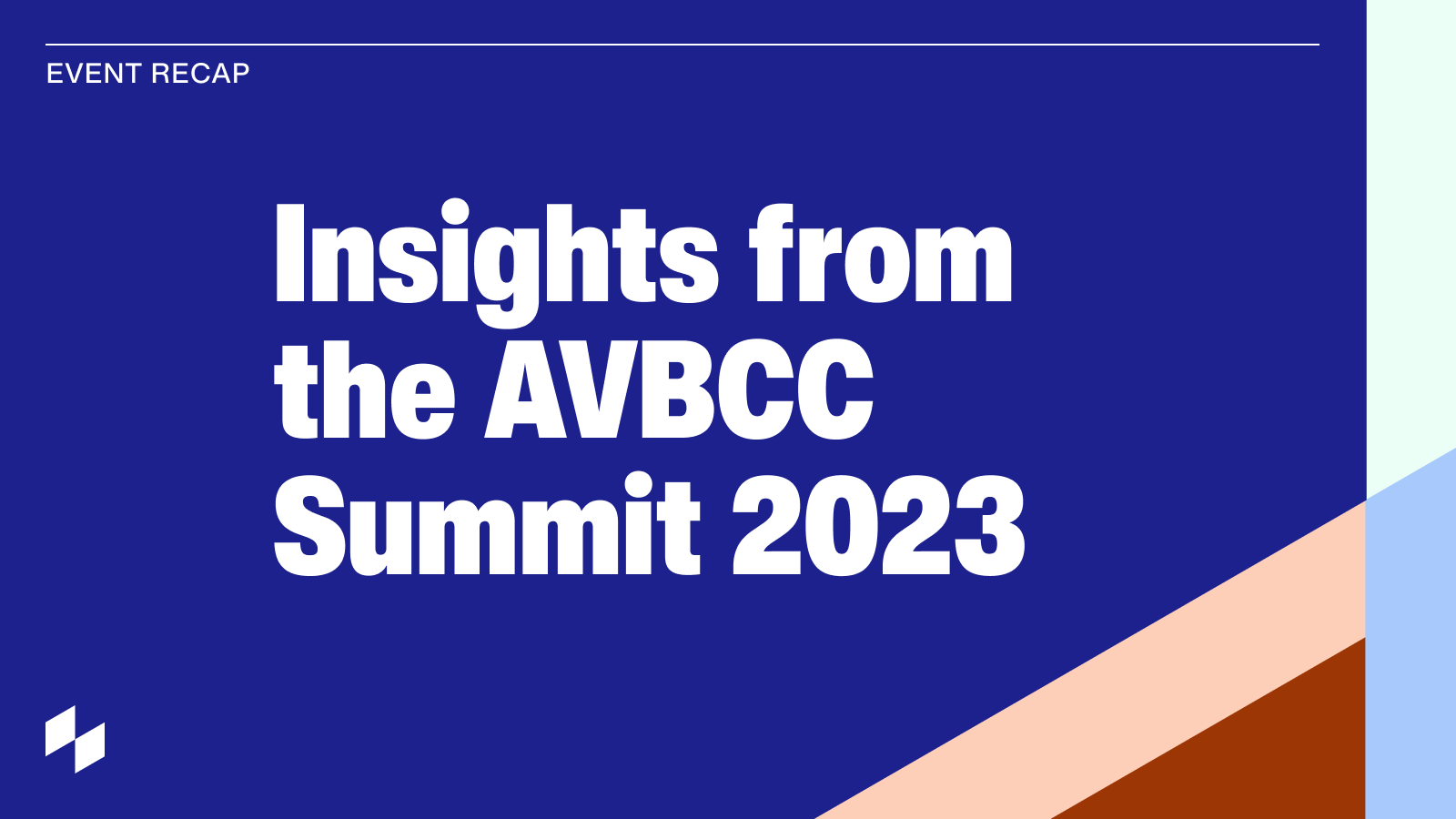In this video, Kathy Oubre, CEO of Pontchartrain Cancer Center, discusses her practice's approach to conducting clinical research, their strategies for achieving the size and scale of their research operations, and advice for other practices looking to do the same.
She also shares the value her practice has seen in using OncoEMR®, Flatiron’s oncology-specific EHR, the OncoEMR® Research Tab, a feature that enables sites to document study-specific information in a structured, digitized format, and OncoTrials®, an EHR-integrated patient identification platform that allows research coordinators to easily identify, screen, recruit, and track patients for trials. Watch the video to learn more about how these solutions could benefit your practice.

Transcript
Oubre: Hi, my name is Kathy Oubre. I'm the CEO of Pontchartrain Cancer Center.
Flatiron: How would you describe your practice’s research operations?
Oubre: Currently we have 21 trials. That's a nice, healthy mix of observational trials and interventional trials. We see about 100 to 200, really closer to 200 patients within the clinics each week. And we have about 121 patients enrolled within those trials right now.
Flatiron: What are your practice’s goals around conducting clinical research?
Oubre: Our goals around clinical research really revolve around the entire patient experience. It's always been our goal at Pontchartrain to be able to bring cutting edge research and drugs to patients who perhaps might not have access to those drugs otherwise. And it's been quite a successful program in southeast Louisiana. We weren't sure how our patients would feel about study drugs and being on clinical research trials, but it's been an amazing thing to see within our patients, their willingness to want to be part of that cutting edge research for themselves and people to come after them
Flatiron: How have you been able to achieve the size and scale of your research operations?
Oubre: The success of our research program really is more of a team effort across all of the employees within all of our sites of care. It's about having open communication through face-to-face dialogue, Tasking, or other usages of OncoEMR, so we can really address communication within all of our sites of care. And just staying abreast of new developments within our trials, having very open communication with our patients about how they're feeling, the value that research brings to them, as well as the larger patient population across the nation. It's just been a really great program to be able to bring to our patients in the area.
Flatiron: How have Flatiron's solutions helped you achieve this success?
Oubre: OncoEMR is fairly easy to use amongst our employees, and we hear that same thing from our monitors when they come to do site visits, that it's fairly intuitive and fairly easy to navigate, which does help in the overall success of a program from a sponsor perspective.
Flatiron: How have Flatiron’s clinical research solutions like the OncoEMR Research Tab and OncoTrials supported your team?
Oubre: Specific to research, the Research Tab has been a wonderful function to keep everyone within that patient's care up to date on the patient during their time on a clinical trial.
And OncoTrials has been a very practical way to identify patients eligible for research prior to a visit. We also try to run those OncoTrials identification processes the week before a visit, or at least several days before. And that way it allows the provider to review their schedule, see that a potential patient is flagged, and then have conversations with the research department around those particular protocols that that patient may be eligible for. And then make sure that the research department is also available to have conversations with the patient if that need arises.
Flatiron: How would you describe the primary benefit for your research program?
Oubre: Rather than needing to log in and out of disparate systems, it just takes our research program to another level by having that interactive seamless process that any of our clinicians or staff, research staff, can log into at the touch of a fingertip, regardless of which location they're at, and be able to bring the most cohesive care to our patients.
Flatiron: What advice do you have for other community oncology practices who want to do more clinical research?
Oubre: My advice to practices who either want to start research or really ramp up their research program is talk to the people at Flatiron, figure out how to best utilize OncoEMR and bring in OncoTrials to your program, and then work together with that support staff to make those products work smarter and harder to generate great clinical outcomes and good research outcomes for your patients. But additionally, talk to your colleagues in the community oncology space. Talk to myself, talk to my research staff. What we're doing works for us, but we want to be able to help other people be successful, just like there were other practices who taught us how to start research. It's a collaborative effort and it's never an ‘n’ of one. We want to get stronger together to bring better clinical research to patients across the nation.



